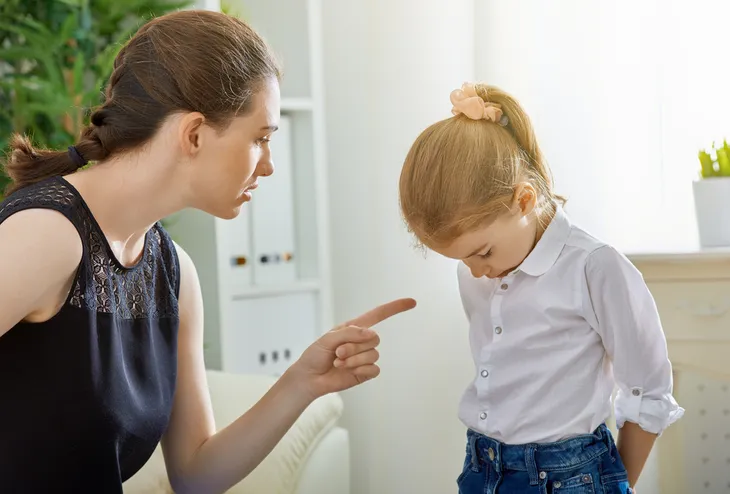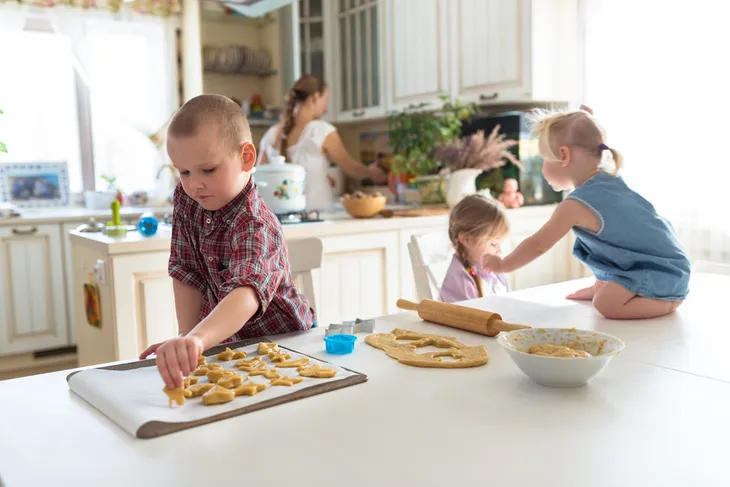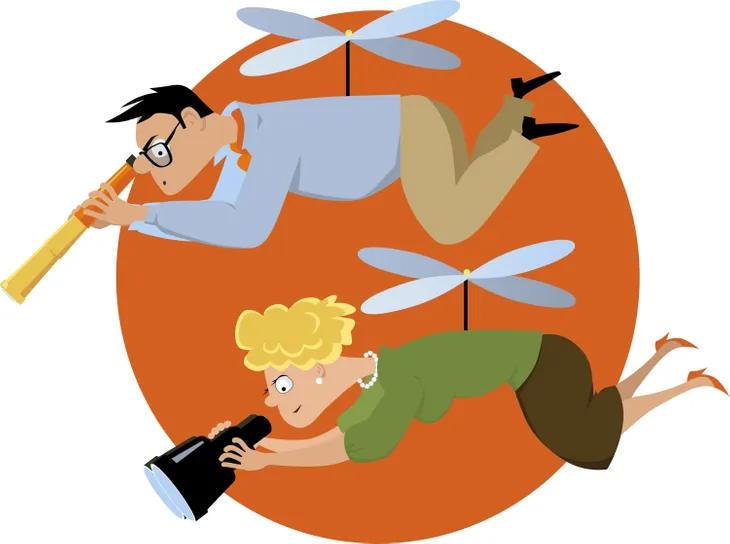As parents, we all make a personal decision on how we will raise our children. The problem is, many parents find themselves caught up in the many different opinions and judgments that occur between parenting styles, which can often lead to hurt feelings, rifts, debates, and arguments.
While parenting styles may create different outcomes for many, the goal as a parent is to do what you feel is best for your child. Parenthood is a conscious effort to do that, without knowing what the outcome will be in the long term. It can be scary, frustrating, and rewarding all at the same time. Each style of parenting can come with it’s own long line of pros and cons, and nobody can tell you which is right for you. You may find you identify and relate with one style of parenting more than others, or a combination of a few…
Attachment Parenting
Attachment parenting is highly encouraged by doctors and midwives as a great way to bond a newborn infant to its mother. It’s general goal is to be in close contact with your baby as much as possible, to know and understand your child’s needs as they occur. This includes baby wearing, skin to skin time, breastfeeding (if possible), and safe co-sleeping.
Dr. Sears suggests that attachment parenting may even lower the risk of SIDS, and says this “parenting style can enhance the development of a baby’s physiological control systems and increase mother’s awareness to subtle changes in her baby’s physiology, [and] lower the risk of SIDS…attachment parenting does all this.” Attachment parenting has been said to increase a child’s awareness to the needs of others. While the flip side is that it’s also said that this style can create separation anxiety.
Snow Plow Parenting
This type of parenting comes with some negative connotations, yet it’s widely adopted by parents on a regular basis. Snow plow parenting refers to a parent’s desire to clear out of the way any issues, dangers, resistance, and other obstacles for their child. It can be tricky when a parent’s duty is to keep their child safe, happy, successful because it can discourage children from learning proper life skills.
Snow plow parenting is usually driven by a parent seeking their child’s success. This style of parenting has even gone as far as writing a college-age child’s university application for them. Aiding your child’s success by limiting obstacles is a common parenting trait, completely clearing the path is when snow plow parenting can become an issue.
Tiger Parenting
Tiger parenting refers to a strict form of parenting. This style can create some confusion around how to parent with rules and boundaries, while not taking it too far. Tiger parents create strong, often unattainable expectations for their children. While rules and strictness at home may be the approach, it can also have negative results due to the extreme form of parenting.
WebMD advises that with Tiger parenting you have to be cautious with your words so as to not harm a child’s self esteem. There’s also signs to watch out for in your child’s behavior (i.e., disengagement from parents or not bringing friends over) that can show you’ve taken Tiger parenting too far. It’s important to remember that children thrive on rules and structure, and without them, they can become difficult to childrear. It’s just finding the balance between proper guidance and rules, and showing children unconditional love while having expectations.
Free-Range Parenting
Have you ever heard of free range chickens? Well, there’s free range kids, too! Free range parenting refers to an old school approach to childhood. Playing outside on the road until the street lights come on, walking to a friends house or the corner store alone, and even riding the bus or subway alone at a younger age. This was a very common method of parenting in the 70’s and 80’s.
Today, times have changed, and this style of parenting can be criticized for being unsafe and neglectful. A free range parent, however, has the understanding of their child’s ability and awareness and allows them to make conscious decisions on their own, often without being monitored. The benefits are in a child’s ability to navigate issues and safety on their own, without having someone to do it for them. It’s basic life skill. On the other hand, it does leave your child open to potential dangers, and behavior on their part that you may not be aware of or condone.
Helicopter Parenting
Helicopter parenting is exactly as it sounds…hovering. Parents who gravitate towards this method don’t always choose, it’s more of a symptom of their own fear and worry. While helicopter parenting begins in infancy and toddlerhood, the intention of careful monitoring a child’s every move and need can be incredible attentive.
Helicopter parenting, which is similar to snow plow parenting, eliminates a child’s ability to be alone, figure things out, learn safety (i.e., ouch, corners are sharp). Parents.com suggests that this creates a low self-esteem and confidence in children, because they can’t develop proper life skills that come with independence. It may also attribute to entitlement, as life has been made easier by the parent, and becomes an expectation.
Survivalist Parenting
While it’s often joke worthy, survivalist parenting an incredibly real style of parenting. Just ask any parent of 3 or more children. The “options” of parenting styles become less and less and you adjust to pure survival mode. Survivalist parenting is essentially doing your best, and “winging it” the rest of the time. You make efforts to your child’s nutrition on the best days, and other days they eat crackers out of the box for dinner because, whatever, they’re still alive.
Survivalist parents would love to have some stronger expectations on themselves or their children. But, let’s be real, sometimes an hour or two of television is a basic survival mode to getting those 5 loads of laundry done while simultaneously making dinner, and helping with homework. You have rules and structure most of the time, but survival parents are also realistic and know when it’s best to let things slide. Your children will know and learn very well how to adapt to changing scenarios, and hopefully (fingers crossed) learn some great life skills along the way.









